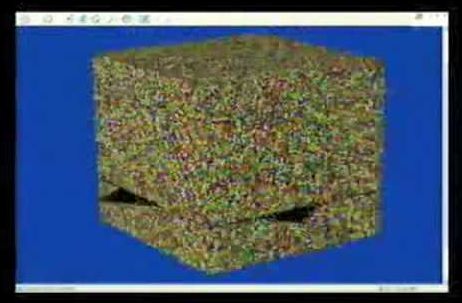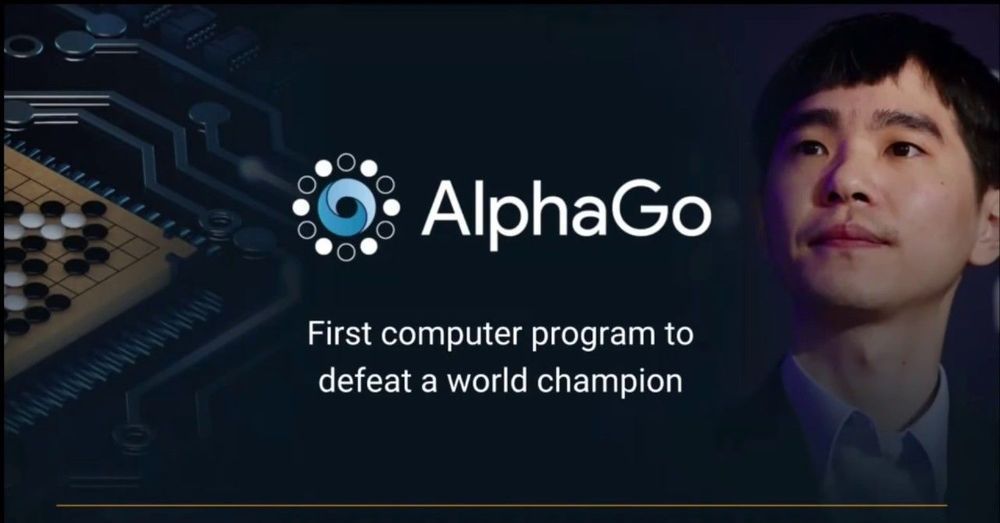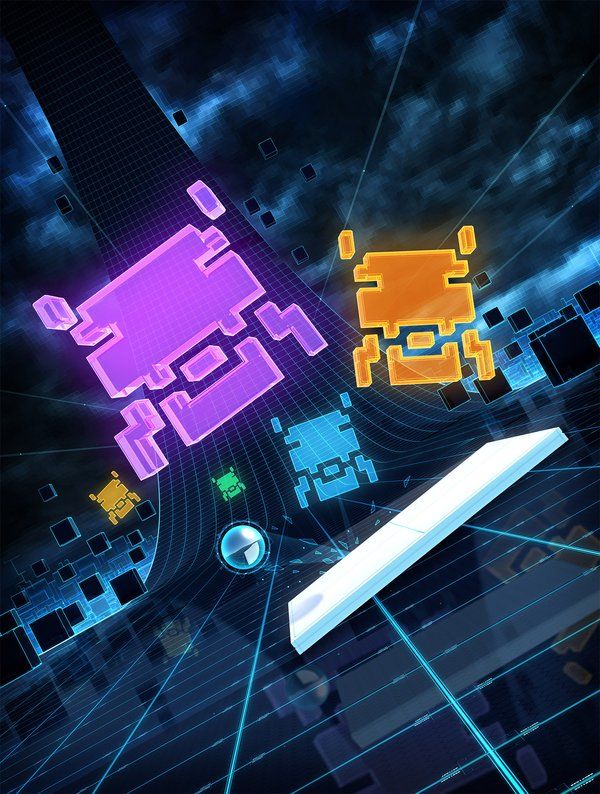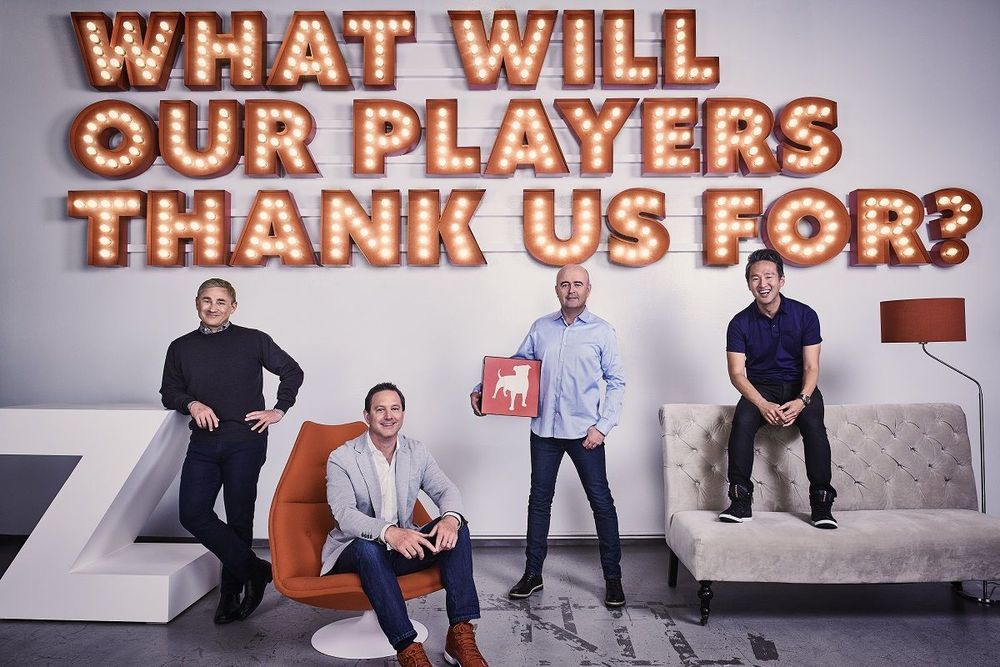Page 9260
May 2, 2019
DQN: This paper published in Nature on 26th February 2015
Posted by Quinn Sena in categories: information science, robotics/AI
This paper published in Nature on 26th February 2015, describes a DeepRL system which combines Deep Neural Networks with Reinforcement Learning at scale for the first time, and is able to master a diverse range of Atari 2600 games to superhuman level with only the raw pixels and score as inputs.
For artificial agents to be considered truly intelligent they should excel at a wide variety of tasks that are considered challenging for humans. Until this point, it had only been possible to create individual algorithms capable of mastering a single specific domain. With our algorithm, we leveraged recent breakthroughs in training deep neural networks to show that a novel end-to-end reinforcement learning agent, termed a deep Q-network (DQN), was able to surpass the overall performance of a professional human reference player and all previous agents across a diverse range of 49 game scenarios.
May 2, 2019
Mastering the game of Go without human knowledge
Posted by Quinn Sena in categories: entertainment, robotics/AI
Starting from zero knowledge and without human data, AlphaGo Zero was able to teach itself to play Go and to develop novel strategies that provide new insights into the oldest of games.
May 2, 2019
1000 x 1000 x 1000 Rubik’s Cube Solve
Posted by Quinn Sena in categories: computing, media & arts

The biggest rubik’s cube… ever, being solved by a computer.
Please watch the new updated video instead (unless you really enjoy YouTube’s AudioSwap music): https://www.youtube.com/watch?v=0cedyW6JdsQ
May 2, 2019
AlphaGo Zero: Discovering new knowledge
Posted by Quinn Sena in categories: entertainment, robotics/AI

DeepMind’s Professor David Silver describes AlphaGo Zero, the latest evolution of AlphaGo, the first computer program to defeat a world champion at the ancient Chinese game of Go. Zero is even more powerful and is arguably the strongest Go player in history.
Previous versions of AlphaGo initially trained on thousands of human amateur and professional games to learn how to play Go. AlphaGo Zero skips this step and learns to play simply by playing games against itself, starting from completely random play. In doing so, it quickly surpassed human level of play and defeated the previously published champion-defeating version of AlphaGo by 100 games to 0.
Continue reading “AlphaGo Zero: Discovering new knowledge” »
May 2, 2019
Deepmind AlphaZero — Mastering Games Without Human Knowledge
Posted by Quinn Sena in categories: entertainment, robotics/AI

2017 NIPS Keynote by DeepMind’s David Silver. Dr. David Silver leads the reinforcement learning research group at DeepMind and is lead researcher on AlphaGo. He graduated from Cambridge University in 1997 with the Addison-Wesley award.
Recorded: December 6th, 2017
May 2, 2019
Buzz Aldrin Calls For “Great Migration of Humankind to Mars”
Posted by Michael Lance in category: space travel
We explore, or we expire. That is why we must get on with it.
The astronaut sees the Moon as a stepping stone.
May 2, 2019
Scientists Are Teaching AI-Powered Robots to Reproduce, Evolve
Posted by Quinn Sena in category: robotics/AI
May 2, 2019
Concord Posts Record Growth and Introduces New Pricing Model
Posted by Quinn Sena in categories: finance, law
Concord, the fastest-growing contract management platform company, today announced accelerated market adoption of its cloud-based contract management platform and 2.5x revenue growth over the last 12 months. There are now 260,000 companies on the Concord Software as a Service (SaaS) platform. The Concord SaaS platform drives horizontal adoption by providing all key stakeholders collaborative access to the contract drafting, negotiation, signing and renewal processes within a single cloud-based platform.
Concord also announced a new pricing model. Unlike other contract management solutions that charge per seat regardless of usage, Concord pricing reflects the actual functionality needed by different stakeholders. Pricing is now based on Creator, Collaborator and Viewer usage options. For example, legal teams need Creator usage comprising full platform functionality including contract creation, editing and negotiation rights. Procurement, HR and sales teams typically only require Collaborator rights such as contract requests and the ability to select from previously approved form fields. Finance teams often only need Viewer rights to have visibility to track contract status, time to revenue and renewals. DevOps teams simply need API access to connect and integrate with other enterprise tools. By pricing and providing access according to need, the Concord platform is seamless and economical to adopt throughout an organization.
The cross-functional and external stakeholder proliferation capability is unique to Concord and a key factor to Concord’s platform adoption dramatically outpacing that of its competitors. For example, 64 new customers from vertical industries including e-commerce, logistics and healthcare have joined the Concord platform in the past two quarters. The horizontal approach Concord takes to the contracting process creates a powerful network effect which has resulted in 60,000 new users to the platform in the past two quarters.
Continue reading “Concord Posts Record Growth and Introduces New Pricing Model” »
May 2, 2019
How automation is enabling modern problem-solving
Posted by Quinn Sena in categories: information science, mathematics, robotics/AI
With the possibility of millions or an infinite number of problems automating everything will cause all things to be solved digitally into a simple math problem. The problems could essentially be hacked by shores algorithm or maybe a theory of everything like m theory or Stephen Hawking’s theory of everything. Maybe it is just as simple as a basic formula like Einstein created E=mc2. Also like some mathematicians have theorized maybe just one line of code that solves everything.
Automation is a game-changer for modern problem-solving – enabling not only visibility to real-time operations but the ability to effectively project the impact of potential solutions into the future. As problem-solvers become more comfortable using the new tools available to them, companies will be able to effectively isolate (and avoid) the impact of problems to their operations and focus their resources on solving the underlying issues and enabling long-term success. Learn More here.














